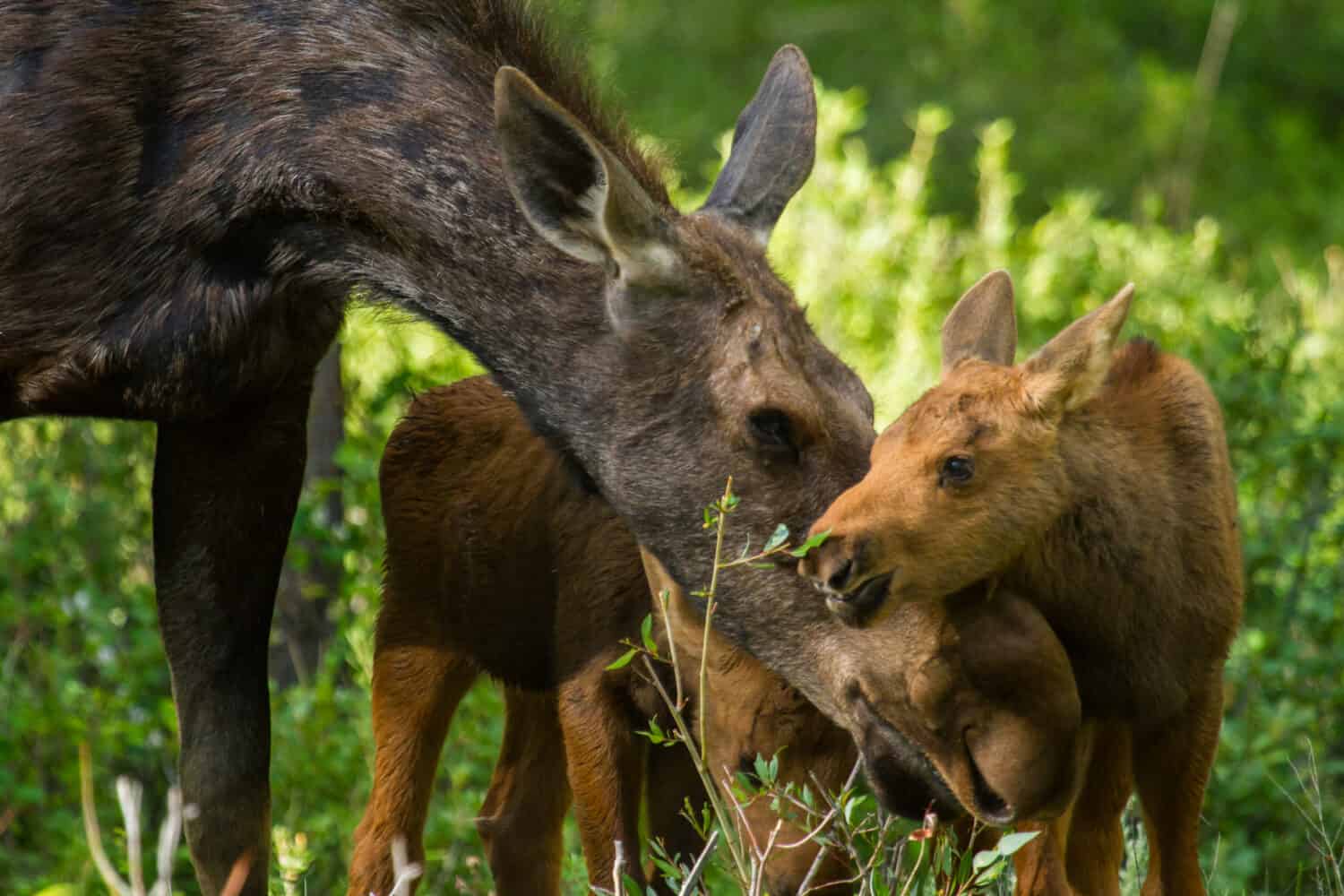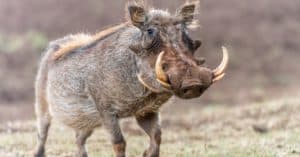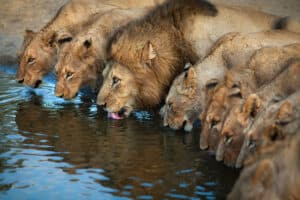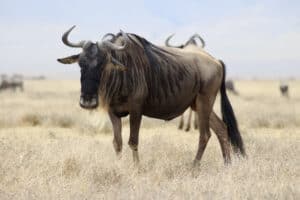This mama moose has a lot of problems going on in the forest at night. Not only is she being pursued by a brown bear, but a wolf is also nearby. She has the responsibility of protecting her calf and things are going to get very difficult. This extraordinary nighttime footage has been captured by a remote camera installed by the Alaskan Department for Fisheries and Game. It has been placed as part of a wolf predation study so this footage was an added bonus. The action takes place near Gustavus in the Glacier Bay National Park. This area is a popular animal travel corridor but this moose may be regretting picking this route! Scroll down to see the unique encounter between two predators and their prey.
Watch the Unique Clip Below
Do Brown Bears Normally Hunt Moose?
The brown bears in Alaska are also called grizzly bears and are usually larger than their close relative the black bear. They also have a more prominent shoulder hump but smaller ears. Their claws are straighter and longer which are useful for sharp outbursts of speed and for capturing moose.
Bears are very adaptable and will eat a wide variety of foods. This commonly includes berries, grasses, and sedges but they are omnivores and also eat meat. Many brown bears particularly enjoy salmon and will also catch ground squirrels. Not all, but some, brown bears are also very accomplished predators of both moose and caribou. They like to target calves because they are much easier to catch. However, as you can see from this clip, they have to get past the mother first. We get a front-seat view of just how hostile a mother moose can be as she kicks and charges at the predator.
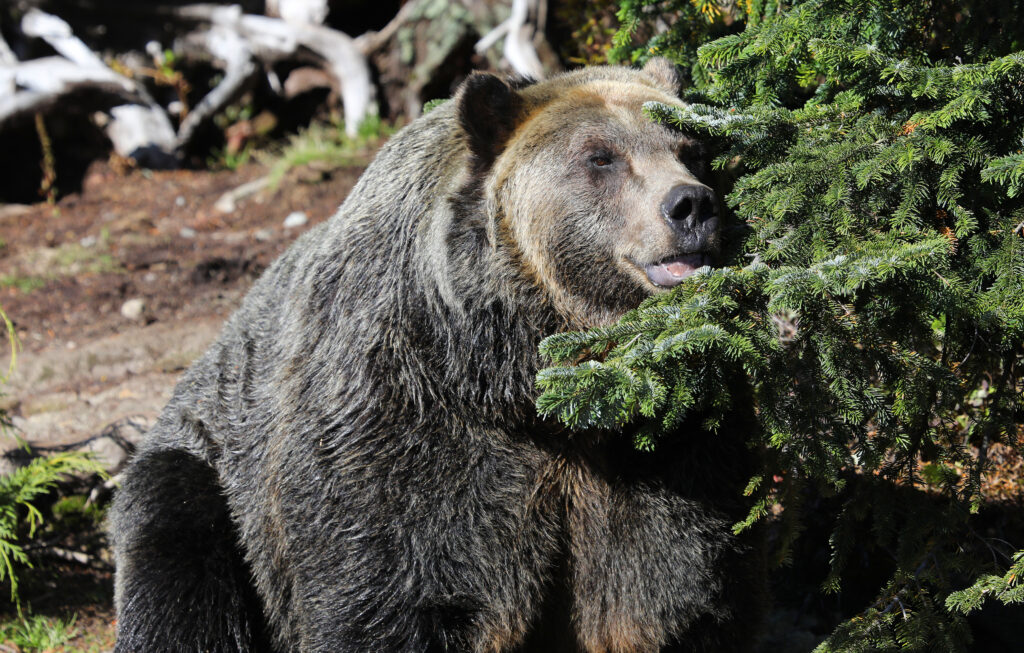
Some grizzly bears are proficient moose predators.
©Jacqui Martin/Shutterstock.com
Do Wolves Normally Hunt Moose?
Being a moose calf is hazardous! If they can make it to two years of age, however, they are much safer and are not so likely to be predated by either bears or wolves. Nevertheless, wolves are responsible for the deaths of a significant number of moose calves. They also seem to be learning how to kill older moose but this would be a huge challenge for even the most expert wolf. This wolf is an opportunist, as the mother is distracted by the bear the wolf pursues the calf.
The wolves in Alaska (Canus lups) rely on moose and caribou as their primary source of food. They also eat sheep, hares, squirrels, and beavers. Occasionally they will target birds and fish. We don’t get to find out if this particular moose cough hunt was successful!
Thank you for reading! Have some feedback for us? Contact the AZ Animals editorial team.

